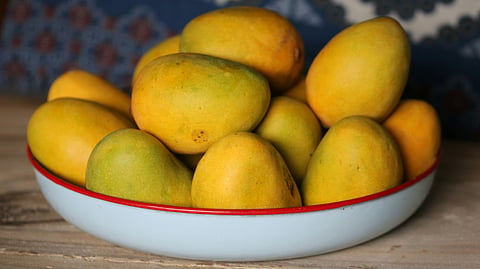Consumers can also take some precautions to reduce the risk of eating artificially ripened mangoes:
Visual Inspection: Do not buy mangoes that are unnaturally bright or have a uniform color, as this could be a sign of artificial ripening.
Smell Test: Naturally ripened mangoes will have a sweet smell, whereas artificially ripened mangoes will not have this scent.
Purchase from Reputable Sources: Purchase mangoes from reliable vendors who follow safe ripening procedures.
Report Suspicious Practices: If you find any evidence of the use of prohibited substances for ripening, report it to the local food safety authorities.


